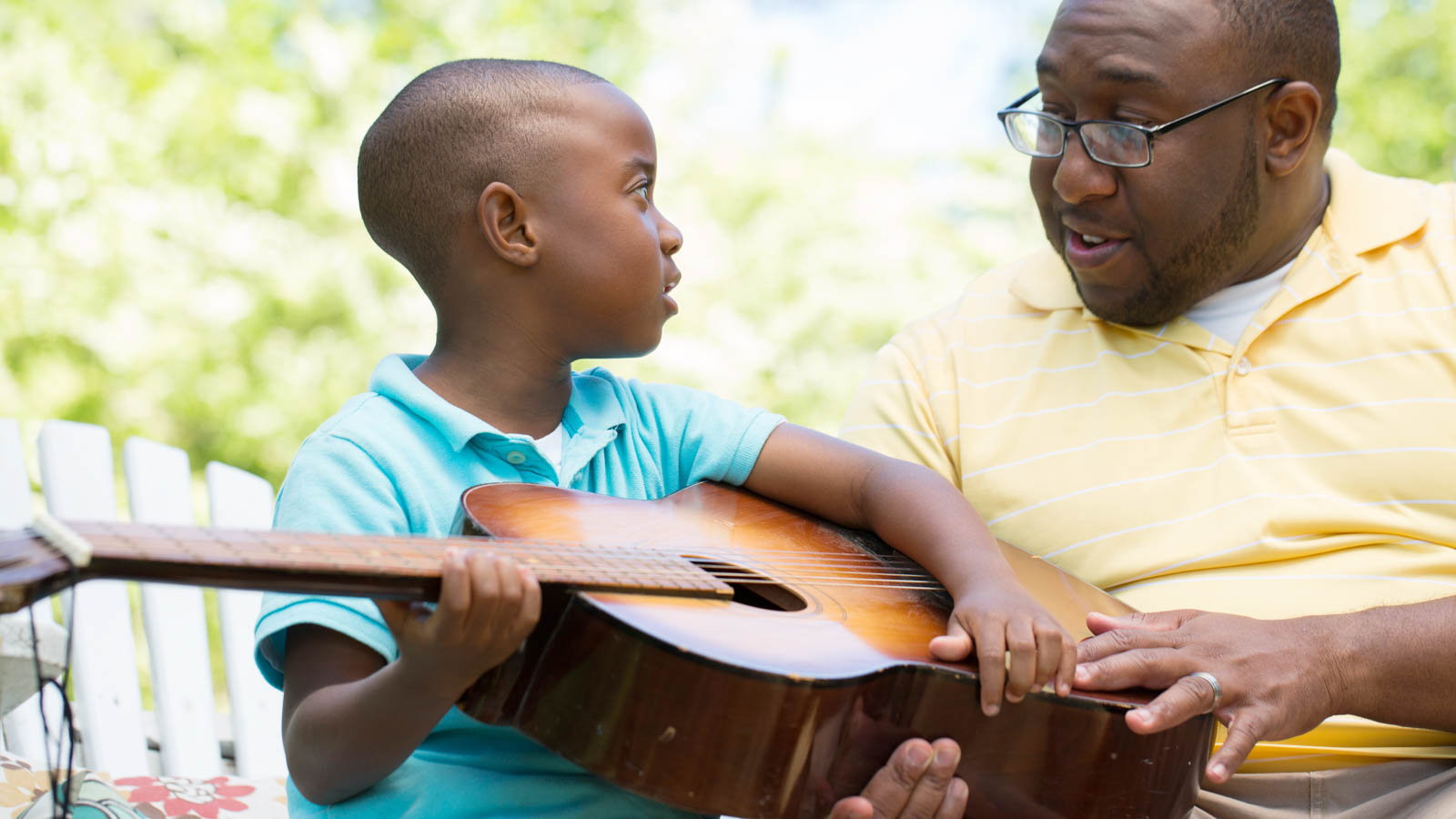
by Jan Roberts Parent Educator
Parenting by Osmosis
A basic premise of good parenting is one that takes many parents by surprise. It is that children learn attitudes, behaviors, lifestyle choices, prejudices, likes and dislikes, compassion, and generosity by osmosis. They learn by watching and listening to their parents. It is challenging for parents to try to be that which they want their children to become.
A study has shown that children in a family will adopt attitudes toward eating certain vegetables by mimicking their dad's likes and dislikes, while their enthusiasm for books and reading comes from their mom.
Do As I Say . . .
A young couple becoming first-time parents may embark on the parenting journey with the well know phrase, "do as I say, not as I do," polished and ready to go. However, many new parents are dismayed to discover that their own behavior and attitudes are copied by their children, who look up to, admire, and mirror their parents ways of embracing life.
Children most naturally do what their parents do. An infant begins to smile at a parent who smiles, to coo as she watches a parent's mouth form words, and will adopt an attitude of calm wellbeing from her parent's demeanor. This is just the beginning.

Modeling Personal Responsibility
Since they are the greatest example for their children, parents need to take seriously what it is they're modeling, and to what end. Most parents want to raise children who are responsible to themselves and others. Individual responsibility is initially taught through routines that involve a child's care of self (brushing teeth) and of their personal possessions (picking up toys and clothing). Eventually, responsibility expands within the family unit, then overflows into the school setting and community. At the same time, children will be observing the responsible habits and routines of their parents, and their attitudes regarding these.
Modeling Attitudes, Values, and Faith
The manner in which a parent models attitudes towards life has the greatest impact on a child's acceptance of his own circumstances. Parents who provide a perfect scenario of life experiences for a child will not give the opportunity for him to learn how to handle disappointment, how to really appreciate the good when it happens and try again when it doesn't, or how to develop resilience and determination to press forward with optimism. A child will be watching how his parents handle life's ups and downs.
Underlying a parent's outlook on life will most likely be a set of values that determine priorities and choices. As a child observes a parent who is honest, compassionate, and involved in service to others, similar values will be adopted by the child and will be used as a guideline as they grow and mature.
Children will also benefit from faith-based beliefs modeled by parents and grandparents, as they search for guidelines for life choices and deeper meaning. Fostering a sense of spirituality in children helps expand their understanding that there is a width and depth to life beyond their limited childhood world.
Modeling a Broader Perspective
As a child moves beyond his own family into the world of school, parents have the opportunity to model attitudes of acceptance towards those who are different than the immediate family. As children begin to befriend others from various cultures and faiths backgrounds, their parents will either offer an attitude of tolerance toward differences in appearances, abilities, and backgrounds or an attitude of prejudice.

Joy of Living
Parental modeling at its best is expressed through embracing the joy of living. Life has its ups and downs and is not free of personal disappointments and tragedies, however, a child can learn from his parents how to look for the positives that life has to offer.
Children with parents who have fine-tuned their awareness of the beauty of nature are fortunate. Whether they are looking at an autumn tree out their bedroom window, or taken on an African safari or to see Niagara Falls, a child who is taught to appreciate the world outside is rich indeed.
Parents also have the opportunity to expose their children to the fine arts, making these a part of family life. Eventually, children may choose to personally participate in the beauty and self expression that drama, music, and art provide. A parent who loves to read will be modeling one of the greatest joys of living for her children.
Parenting is a "do what I do" endeavor. It calls one to be the best they can be for the sake of their children. It increases one's integrity and honesty toward living.
